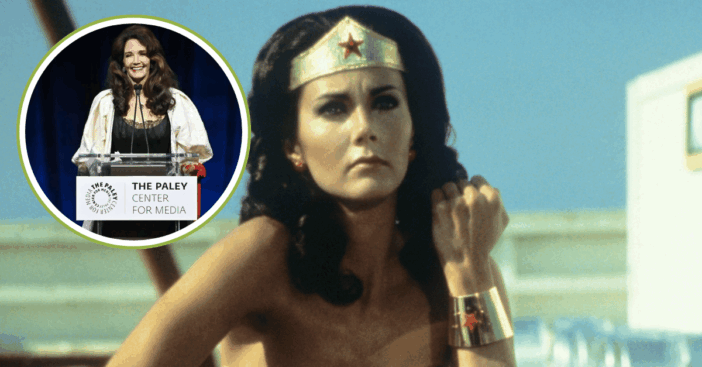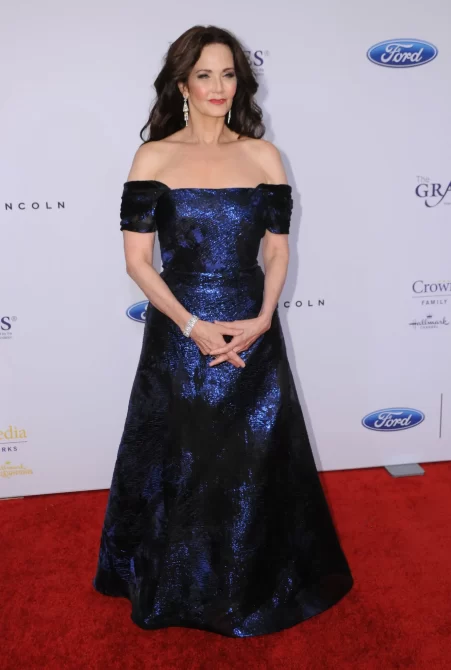
The ’70s TV series Wonder Woman, which aired for three seasons on ABC from 1975 to 1979, is still considered one of the most iconic interpretations of a DC Comics superhero. After the failure of the original Wonder Woman movie in 1974, as it did not bear much resemblance to the contents of the comic book, ABC developed a new pilot that created a character that looked like the original one by William Moulton Marston in his book, thus making the series a highly successful one.
However, in a recent social media update, Lynda Carter, who portrayed the titular character, Wonder Woman, in the series, opened up about the challenges she faced from TV executives when the show debuted in 1975.
Lynda Carter says TV executives doubted her ability to headline ‘Wonder Woman’ series
View this post on Instagram
Carter, who received a Paley Center for Media Honors Award for her contribution to Wonder Woman on Monday, May 19, took to her Instagram page to reflect on her life, especially her time as the DC superhero. She stated that portraying the character was quite important to her as Wonder Woman continues to resonate with fans as a symbol of inspiration and strength, which remains valuable even in today’s world.
The 73-year-old also humorously recalled that TV executives were skeptical about a woman headlining a series in the 1970s, when the industry was still heavily male-dominated, with few female-led action series on television. She noted, however, that the show’s success and enduring legacy had proven them wrong.

Fans react to Lynda Carter’s Instagram post
Carter’s Instagram post set off a frenzy of responses among her followers, who flooded the comment section with sincere comments to honor her recent accomplishment. They also commented on her legacy as Wonder Woman and her great influence on their lives.

Many of the fans revealed that her performance as the venerable superhero was a source of inspiration. One fan especially expressed her gratitude to Carter for her display of confidence and power, which enabled her to overcome childhood challenges. Others discussed her revolutionary efforts toward female equal representation in Hollywood and urged DC to formally acknowledge her impact on TV history.
